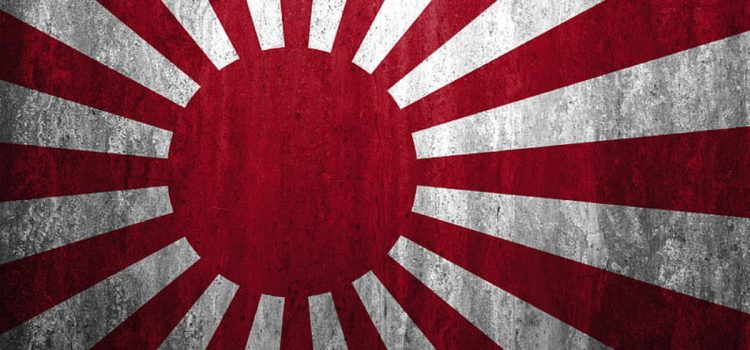How important is vulnerability? Why is it vital for healthy relationships, effective leadership, and a fulfilled life? Brené Brown studies, promotes, and lives vulnerability. In her bestselling books, if vulnerability isn’t the main theme, it still features prominently. We’ve put together a collection of quotes from her books that will help you know why it’s a quality worth understanding and practicing. Continue reading for 33 Brené Brown vulnerability quotes that will give you a glimpse into her insights.
33 Brené Brown Vulnerability Quotes (+ Context)










